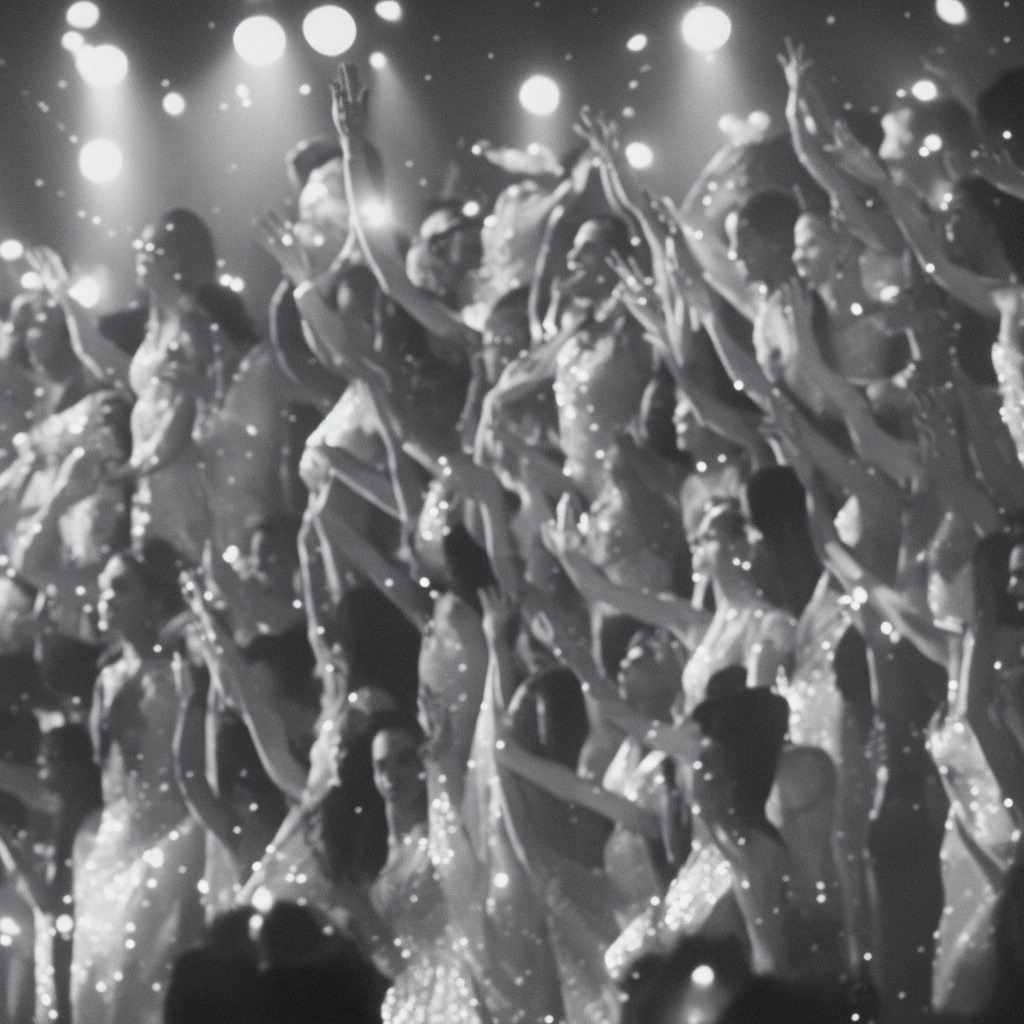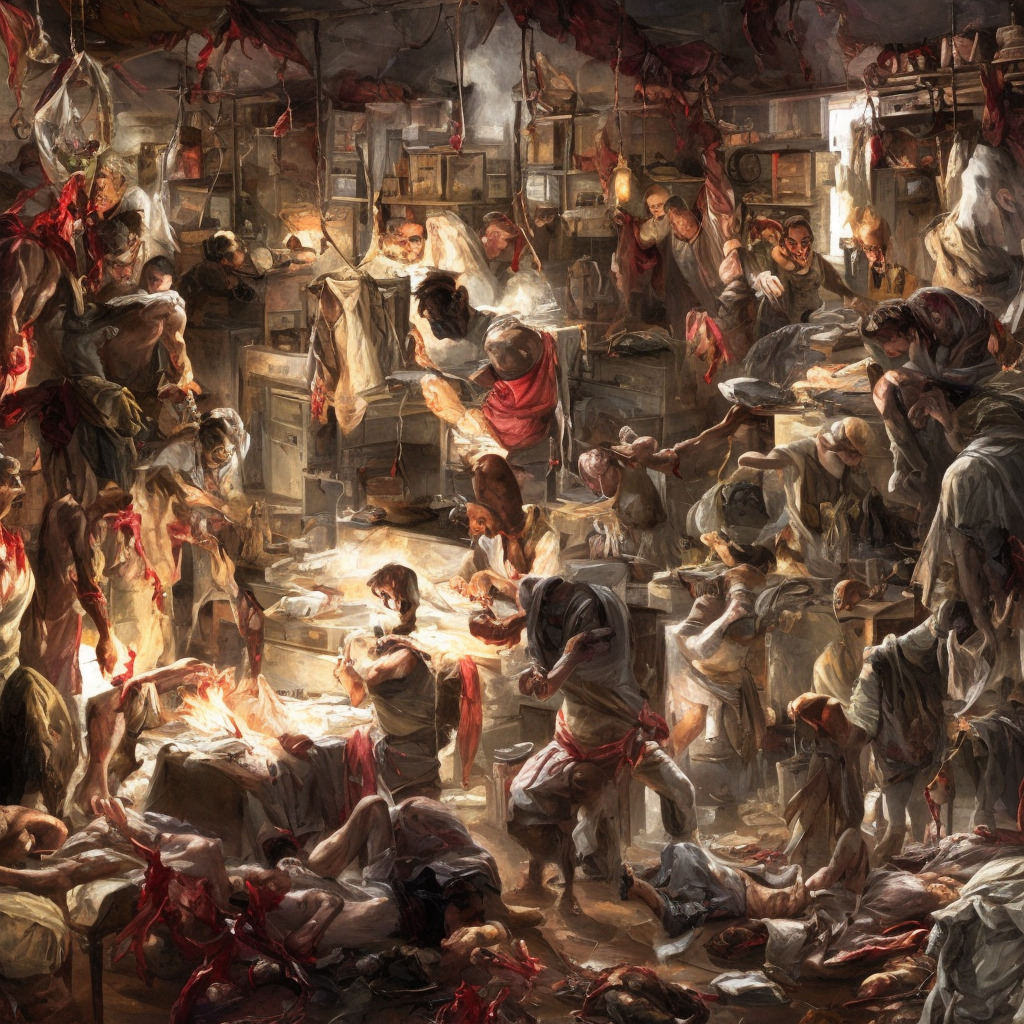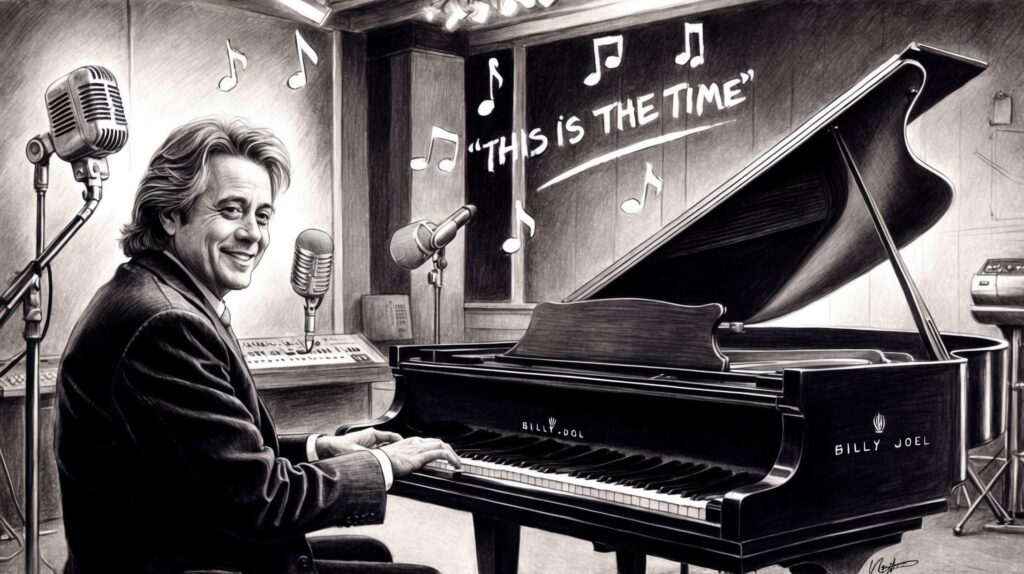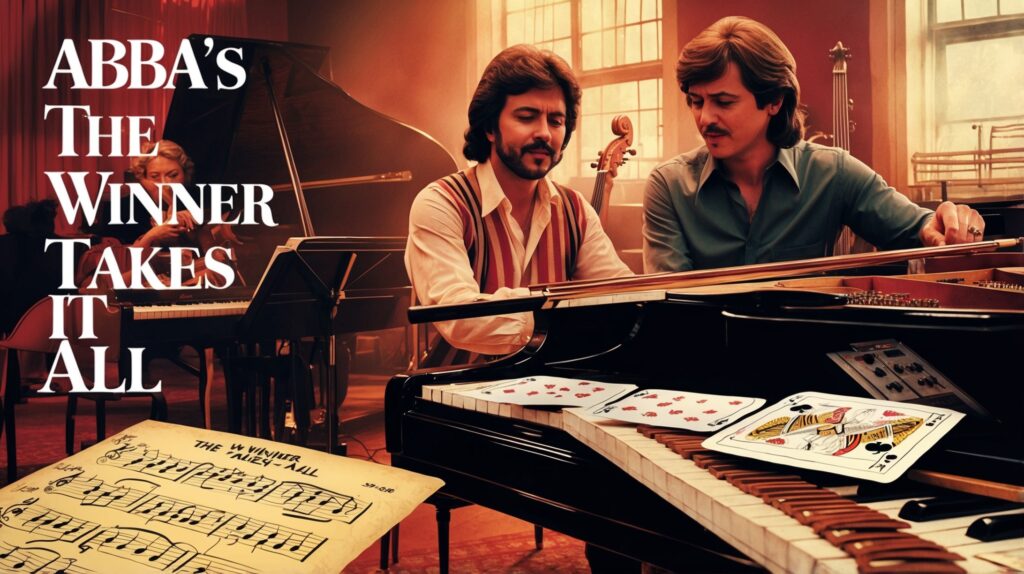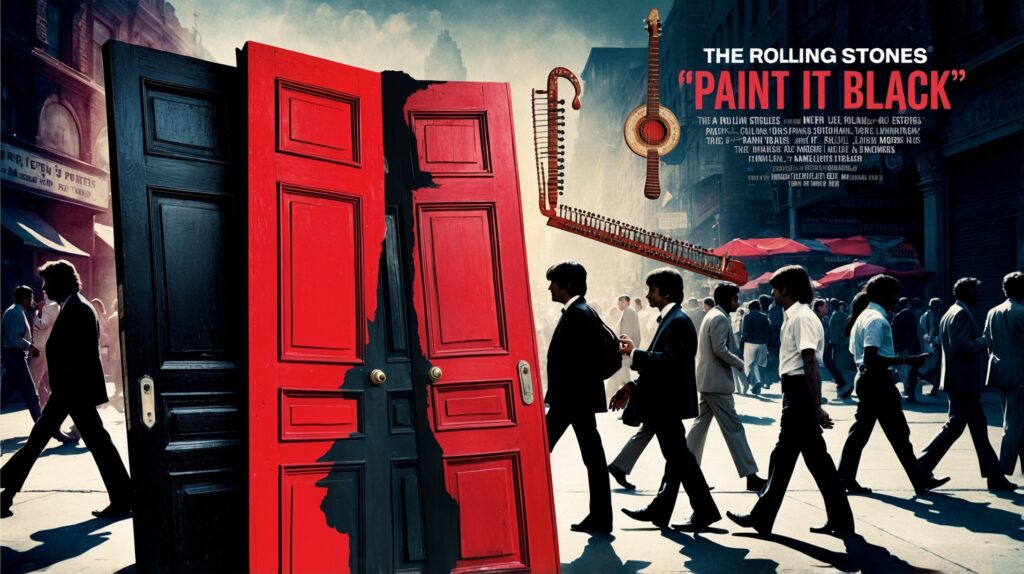🕺💃 Did you know #DianaRoss scored her 1st solo Billboard No.1 with “Love Hangover” in 1976? 🎶 This disco gem still sets hearts racing! 💔🌐 #FunFact #DiscoQueen #LoveHangover Read about it: tinyurl.com/kee5c4wt
Diana Ross: The Supreme Songstress and her “Hangover” Hit
“Diana Ross: From Supreme Songstress to Queen of Motown, her ‘Love Hangover’ hit continues to intoxicate fans with its sultry, genre-bending charm.”
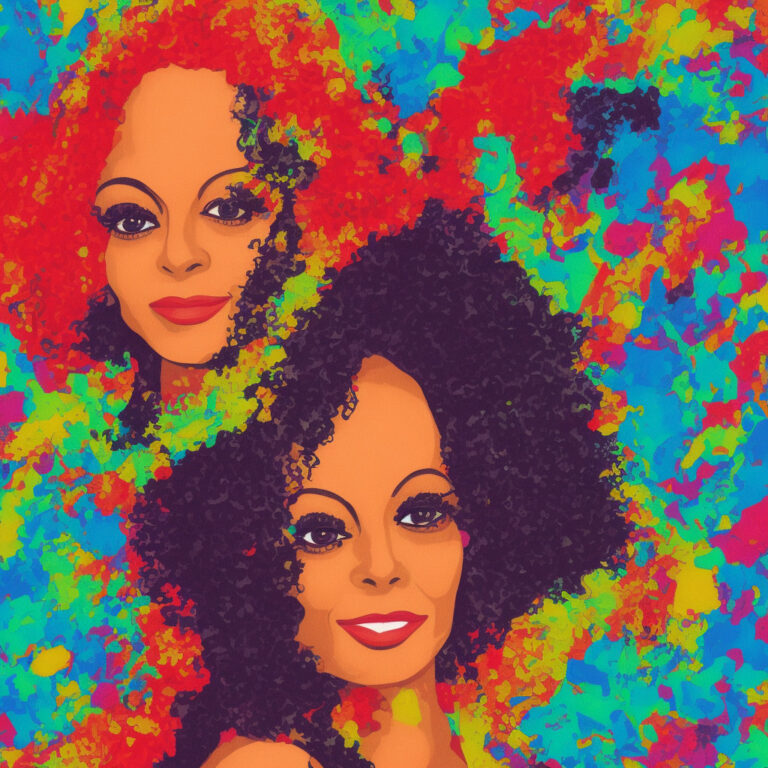
Diana Ross has remained an iconic figure in the music world for more than six decades. As a founding member and lead singer of the legendary girl group, The Supremes, Ross dominated the charts with her soulful voice and magnetic stage presence. The Supremes were a pivotal group of the Motown era and scored an unprecedented 12 number-one singles on the Billboard Hot 100. After leaving the group in 1970, Ross embarked on a successful solo career that has led to her being hailed as the “Queen of Motown.”
In 1976, Diana Ross released her fourth solo album, “Diana Ross,” which featured the chart-topping hit “Love Hangover.” This sensual, disco-infused track showcased Ross’s sultry vocals and her ability to effortlessly transition between different music genres. Her performance on this track is nothing short of captivating and is a testament to her versatility as an artist.
“Love Hangover” reached number one on the US Billboard Hot 100 and the US Billboard Hot Soul Singles chart. Additionally, it peaked at number two on the UK Singles Chart, proving yet again that Ross’s artistry transcended geographical boundaries. The song’s international success solidified Ross’s position as a global superstar, and it remains one of her signature hits.
Throughout her illustrious career, Diana Ross has received numerous accolades, including inductions into the Rock and Roll Hall of Fame, the Vocal Group Hall of Fame, and the Rhythm and Blues Music Hall of Fame. She has also been honored with the Kennedy Center Honors, the Grammy Lifetime Achievement Award, and an Academy Award nomination for her role in the 1972 biographical drama film, “Lady Sings the Blues.”
While Diana Ross’s musical journey has not been without its fair share of controversies, such as disputes over royalties and creative control with her former bandmates in The Supremes, her enduring success and ability to reinvent herself as an artist is undeniable. Today, Ross is still actively performing and enchanting audiences worldwide with her soulful voice and undeniable charisma.
With her undeniable impact on the music industry and her continued success, Diana Ross remains a living legend, and her “Love Hangover” stands as an emblematic example of her artistry and versatility.
Chart-topping Journey
“Love Hangover”: Diana Ross’ timeless chart conqueror that swept audiences off their feet with its versatile appeal and international success.
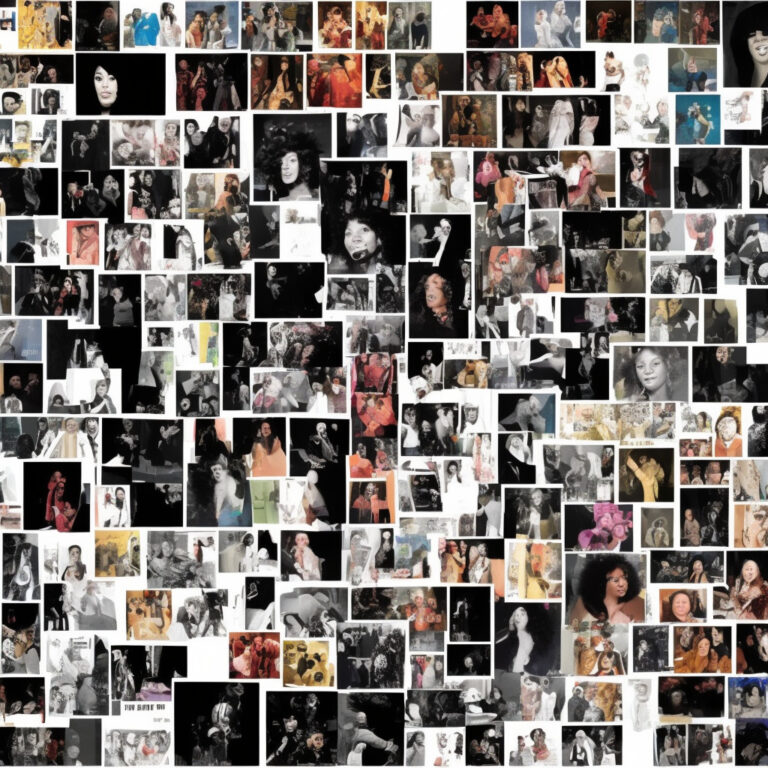
“Love Hangover” was released as a single on March 16, 1976, and it didn’t take long for the song to make its mark on the charts. Entering the Billboard Hot 100 on April 10, 1976, it then went on to reach the #1 spot on May 29, 1976, where it remained for two weeks. Diana Ross managed to knock The Bellamy Brothers’ “Let Your Love Flow” from the top spot, showcasing her ability to make a strong impact on the charts.
This chart-topping success didn’t end there, as “Love Hangover” also clinched the #1 spot on the Billboard Hot Soul Singles chart in the same year. Furthermore, the track made its way into the Top 10 on the Billboard Disco Action chart, showcasing the versatility of the single and its appeal to various listeners.
Not only was the song a hit in the United States, but it also achieved international success. “Love Hangover” reached the Top 10 in countries such as Canada, where it peaked at #2 on the RPM Top Singles chart, and the UK, where it managed to reach #10 on the UK Singles Chart.
Interestingly, Diana Ross’ “Love Hangover” was not the only version to chart. In 1988, a cover of the song by British group Fifth Avenue also made its way onto the UK Singles Chart, peaking at #72, a testament to the enduring appeal of the track.
Besides its commercial success, “Love Hangover” also earned Diana Ross a Grammy Award nomination for Best Female R&B Vocal Performance in 1977. Although she did not win the award, the nomination further solidified the track’s status as a standout song in her extensive catalog.
In conclusion, the chart success of “Love Hangover” serves as a shining example of Diana Ross’ ability to conquer the charts with her powerful voice and captivating performances. The song’s various achievements, both in the United States and internationally, are a testament to its timeless appeal and enduring popularity.
Unraveling the Love-struck Lyrics
If there’s a cure for this
I don’t want it, don’t want it
If there’s a remedy
I’ll run from it, from it
Think about it all the time
Never let it out of my mind
‘Cause I love you
I’ve got the sweetest hangover
I don’t wanna get over
Sweetest hangover
Yeah, I don’t wanna get over
I don’t wanna get
I don’t wanna get… over
Oh, I don’t need no cure
I don’t need no cure
I don’t need no cure
Sweet lovin’
Sweet, sweet, sweet, sweet love
Sweet, sweet love
Sweet, sweet, sweet, sweet love
Don’t call a doctor
Don’t call her momma
Don’t call her preacher
No, I don’t need it
I don’t want it
Sweet love, I love you
Sweet love, need love
Diving into the lyrics of “Love Hangover” by Diana Ross, we can see a passionate portrayal of the intoxicating nature of love. The song was released in 1976, a time where the world was embracing the disco era, and liberation movements were making their mark on society. With its catchy melody and insightful lyrics, “Love Hangover” definitely captures the spirit of the time.
The lyrics describe the overpowering emotions one feels when in love, comparing it to a hangover – something that is usually associated with a negative experience. However, in this case, Diana Ross flips the script and celebrates the sweet, addictive qualities of love. She even goes as far as saying she doesn’t want a cure, illustrating her desire to be fully immersed in these emotions.
During the 1970s, there was a shift in societal norms, and the concept of free love was gaining momentum. “Love Hangover” is a reflection of this spirit, as it promotes the idea of embracing love and the emotions that come with it. Themes of passion, desire, and the liberating effects of love run through the song, making it a perfect anthem for the era.
In conclusion, “Love Hangover” by Diana Ross beautifully captures the essence of love and the freedom it brings, resonating with the spirit of the 1970s. The lyrics of the song not only celebrate love but also serve as a reminder of the power that it holds over us. The song remains a timeless classic and an ode to love’s sweet embrace.
A Visual Feast: The Music Video for “Love Hangover”
Dive into a nostalgic journey with fan-created visual tributes to Diana Ross’ iconic “Love Hangover,” a timeless classic that keeps the disco era alive and grooving.
When it comes to the music video for Diana Ross’ iconic hit “Love Hangover,” fans are treated to a visual experience that complements the sultry, disco-infused track. Although an official music video was never released for the song back in 1976, fans have created some fantastic tributes on YouTube that capture the essence of the song.
One such fan video, by YouTube user DiscoFactory, pays homage to Diana Ross and the era in which the song was released. The video features an array of vintage clips showcasing Ross performing live on various stages, as well as some of her appearances on television shows during that time. This montage of footage is skillfully edited to match the tempo of the song, providing a nostalgic journey for fans of the legendary singer.
Another fan-made video worth mentioning is by YouTuber DianaRossFan, who took a unique approach by creating a video that looks like a collection of polaroids, featuring photographs of Diana Ross from different stages of her career. The video also incorporates a few short clips of her performances and interviews, making it a visually engaging tribute that captures the spirit of “Love Hangover.”
In addition to fan videos, there are also many live performance videos available that showcase Ross’ mesmerizing stage presence as she performs “Love Hangover” in front of adoring audiences. For instance, her 1979 performance on “The Midnight Special” stands out for its incredible energy and the singer’s unmistakable charisma as she grooves to the disco beat.
Though there may not be an official music video for “Love Hangover,” the creativity and passion of fans have ensured that this timeless classic remains visually relevant and continues to be celebrated in a variety of ways. Diana Ross’ captivating performances and the fan-made tributes stand as a testament to the power and enduring appeal of this unforgettable song.
The Mastermind Behind the Classic: Pam Sawyer and Marilyn McLeod
When discussing the iconic song “Love Hangover,” it’s impossible not to mention the creative duo responsible for composing it: Pam Sawyer and Marilyn McLeod. These two remarkable women have left an indelible mark on the world of music, crafting tunes that have withstood the test of time. Apart from “Love Hangover,” they have collaborated on various other projects, with Marilyn McLeod being responsible for another hit, “You Can’t Turn Me Off (In the Middle of Turning Me On)” by High Inergy. Meanwhile, Pam Sawyer co-composed gems such as “My Whole World Ended (The Moment You Left Me)” by David Ruffin and “Love Child” by Diana Ross & The Supremes. With a resume like that, it’s no wonder that this powerhouse team was able to compose a song as unforgettable as “Love Hangover.”
Awards, Accolades, and Legendary Moments
Diana Ross’s timeless hit “Love Hangover” continues to dazzle, inspiring countless artists and transcending generations with chart-topping success, media cameos, and unforgettable covers.
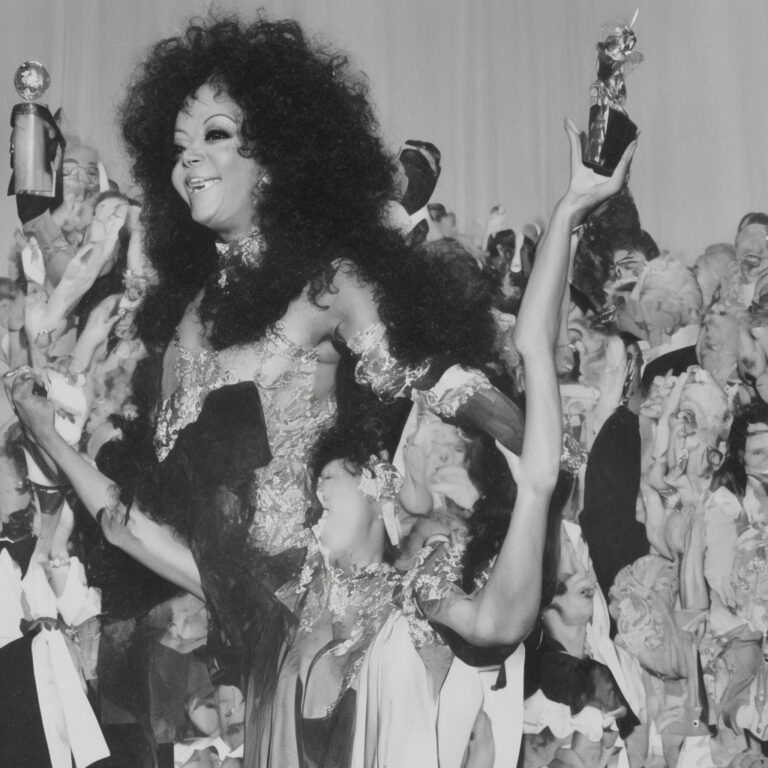
Diana Ross’s iconic hit, “Love Hangover,” has undoubtedly left an indelible mark on the world of music. Released in 1976, this genre-defining track garnered immense praise and recognition, earning Ross a well-deserved spot at the top of the charts. “Love Hangover” soared to the number one position on the Billboard Hot 100, as well as the Hot Soul Singles Chart. Additionally, the song secured the number two spot on the Dance Club Songs chart.
Over the years, the song has maintained its popularity and has been featured in various forms of media. One notable instance was its inclusion in the 2014 movie “Pride,” where “Love Hangover” captured the essence of the film’s 1980s setting. The tune has also graced the small screen, making an appearance in a 2018 episode of the popular television show “Pose,” and a 2008 episode of “Ugly Betty.” Although no official video game inclusions have been documented thus far, the song’s widespread appeal and timeless charm make it a fitting candidate for future soundtracks.
“Love Hangover” has not only captured the hearts of fans and critics alike, but it has also inspired a plethora of talented artists to reinterpret and breathe new life into the song. Among the most notable covers is the 1988 rendition by British pop group, The Associates. Their version added a fresh, synth-pop twist to the original while still paying homage to Ross’s legendary vocals. In 2006, the queen of disco herself, Donna Summer, graced the world with her take on the song. Given her status as a fellow disco legend, Summer’s rendition was met with much fanfare and success.
Other artists who have dipped their toes into covering the song include R&B singer Monica, who released her version in 2003, and GRAMMY-nominated electronic duo, Sofi Tukker, who released a dance-infused cover in 2021. These numerous cover versions not only pay tribute to the song’s lasting impact but also showcase the diverse ways in which artists have been able to reimagine and reinterpret Ross’s original masterpiece.
Dissecting the Musical Structure
Diving into the musical structure of “Love Hangover,” we find an effortlessly engaging composition that captures the essence of Diana Ross’s talent. The song is written in the key of B♭ minor, which is known to evoke a sense of melancholy and longing, perfectly fitting the theme of the lyrics.
The chord progression follows a standard ii-V-I pattern, which begins with a C minor 7 chord, moves to an F dominant 7 chord, and finally resolves to a B♭ minor chord. This progression creates a sense of movement, tension, and eventual resolution, mirroring the emotional journey of the lyrics. The song also features a secondary chord progression in the verses, utilizing the chords B♭ minor, D♭ major, and A♭ major, which adds a level of complexity and variety to the composition.
The tempo of “Love Hangover” is another noteworthy aspect of its musical structure. The song starts at a slow, sensual pace, with a tempo of around 60 beats per minute (BPM). As the song progresses, however, the tempo gradually increases, reaching a peak of around 120 BPM during the infectious disco-inspired section. This tempo change not only showcases Diana Ross’s versatility as a performer but also reflects the emotional arc of the song, as the protagonist goes from reflecting on a past love to embracing the present moment.
The track also makes excellent use of various instrumental layers, including a prominent bassline, lush string arrangements, and punchy brass sections. The bassline, in particular, is an essential element of the song, providing a steady and melodic foundation for the other instruments and vocals to build upon. The string arrangements, on the other hand, add a sense of drama and sophistication to the track, while the brass sections punctuate key moments and add excitement to the mix.
In conclusion, the musical structure of “Love Hangover” is a masterclass in composition, arrangement, and production. Its captivating chord progressions, dynamic tempo changes, and intricate instrumental layers come together to create a timeless track that continues to resonate with listeners today.

